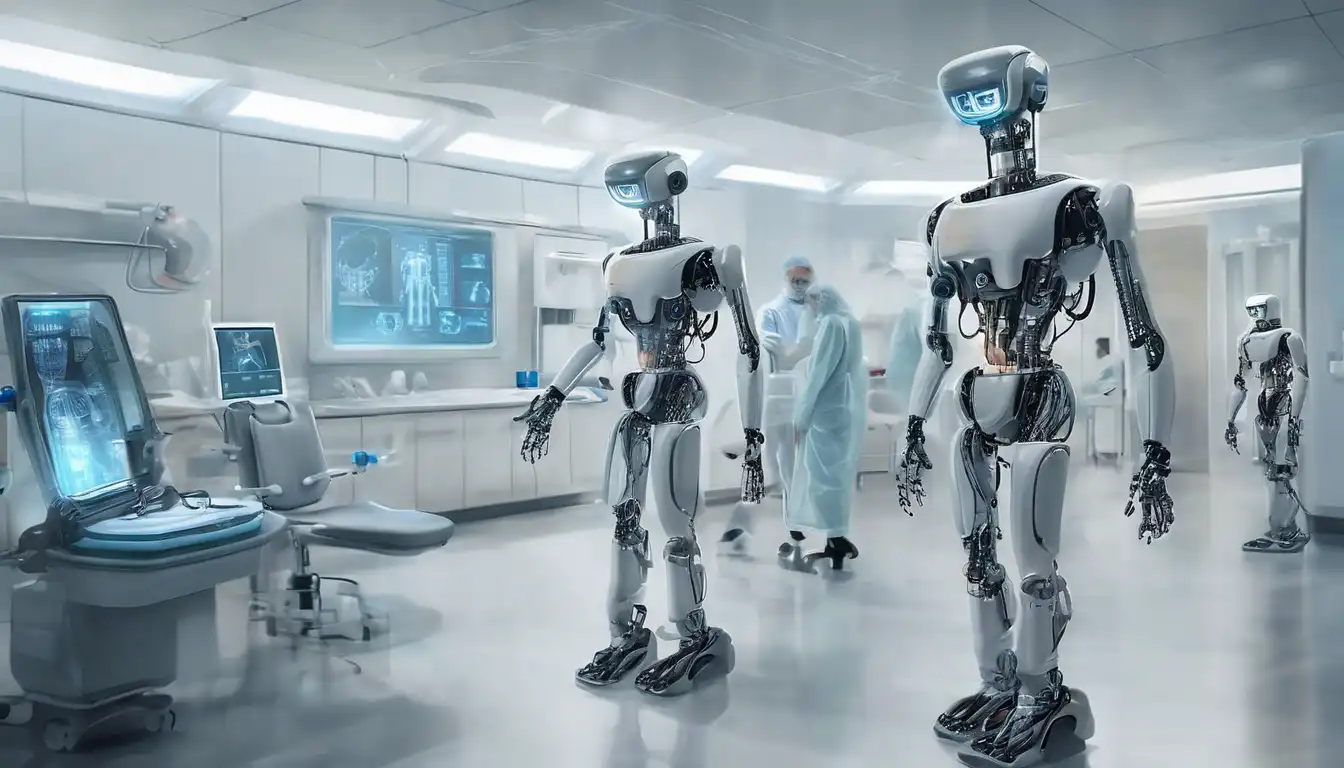The Next Era of Robotics in Healthcare
The integration of robotics into healthcare is transforming patient care, surgical procedures, and rehabilitation processes. This technological advancement promises to enhance efficiency, reduce human error, and provide personalized treatment plans. As we delve into the future, the potential of robotics in healthcare seems boundless, offering solutions to some of the most pressing challenges in the medical field.
Enhancing Surgical Precision
Robotic-assisted surgery has become a cornerstone in modern medical practices. With unparalleled precision, robots assist surgeons in performing complex procedures with minimal invasiveness. This not only speeds up recovery times but also significantly reduces the risk of complications. The da Vinci Surgical System, for example, has revolutionized prostatectomies, hysterectomies, and other delicate surgeries.
Rehabilitation and Physical Therapy
Robotics plays a pivotal role in rehabilitation, offering hope to patients with mobility issues. Exoskeletons and robotic limbs are enabling individuals to regain movement after strokes or spinal cord injuries. These technologies provide consistent, measurable therapy sessions, ensuring optimal recovery outcomes.
Automating Routine Tasks
Beyond direct patient care, robotics is automating routine tasks such as medication dispensing, sterilization of equipment, and even patient monitoring. This automation allows healthcare professionals to focus more on patient care rather than administrative duties, improving overall service quality.
The Role of AI in Robotics
Artificial Intelligence (AI) is the driving force behind the smart capabilities of healthcare robots. From diagnosing diseases to predicting patient deterioration, AI-enhanced robots are making healthcare more proactive than reactive. This synergy between AI and robotics is paving the way for innovations like robotic nurses and AI-driven diagnostic tools.
Challenges and Ethical Considerations
Despite the advancements, the integration of robotics in healthcare is not without challenges. High costs, training requirements, and ethical concerns regarding patient privacy and the depersonalization of care are significant hurdles. Addressing these issues is crucial for the sustainable adoption of robotic technologies in healthcare settings.
Looking Ahead
The future of robotics in healthcare is bright, with ongoing research and development promising even more groundbreaking applications. As technology evolves, so too will the capabilities of robots in medicine, potentially leading to fully autonomous surgical robots and personalized AI-driven treatment plans. The key to success lies in balancing technological innovation with human touch, ensuring that the future of healthcare remains patient-centered.
For more insights into how technology is shaping the future of healthcare, explore our articles on AI in Medicine and Telemedicine Trends.
